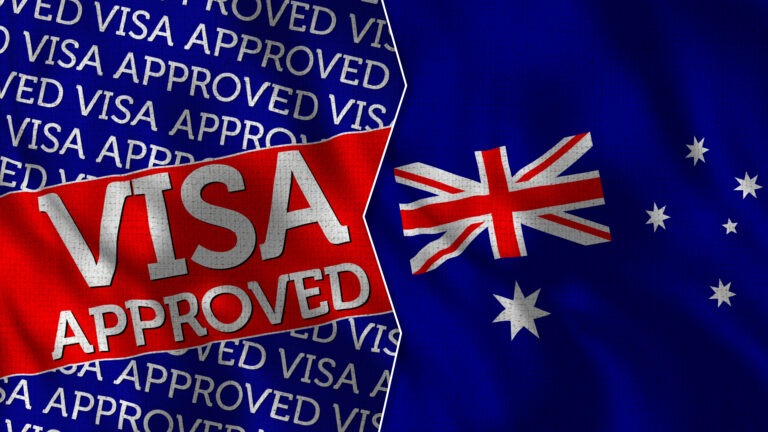
Australia has always been a sought-after location for immigrants looking for better prospects and a higher standard of living. But relocating to Australia involves more than just packing one’s bags and buying a ticket. The nation has a points-based immigration system, which assesses a candidate’s eligibility based on several criteria, including age, skill level, education, employment history, and language ability. This article will detail the Australian points system and what prospective immigrants should know before moving to Australia.
Understanding the Points System
The Australian points system is designed to attract skilled workers who can contribute to the country’s economy and address specific skill shortages. Prospective migrants are assessed through a points test and awarded points for different criteria. To be eligible to apply for most skilled visas, applicants must score a minimum of points.
Key Factors in the Australian Points System
These are some of the major factors involved in the Australian Points System:
Age: Points are given according to the applicant’s age on the application. The maximum points are usually given to applicants between the ages of 25 and 32. Younger applicants typically receive higher points.
English Language Proficiency: Communicating in English is essential for assimilating into Australian culture and the workforce. Performance on accredited English language examinations, such as the Pearson Test of English (PTE), Occupational English Test (OET), or International English Language Testing System (IELTS), determines the amount of points awarded.
Skills and Qualifications: Points are awarded for credentials and skills related to in-demand professions in Australia. Applicants must nominate an occupation on the skilled occupations list, and the appropriate assessing body must evaluate the applicant’s qualifications to ensure they satisfy Australian requirements.
Work Experience: Points are awarded for relevant work experience in the nominated occupation. The number of points increases with the number of years of experience, with maximum points typically awarded for at least eight to ten years.
Education: Higher education degrees from accredited universities are eligible to receive bonus points. This covers graduate degrees such as PhDs, master’s, and bachelor’s degrees, among others.
Australian Study Requirement: Applicants with relevant qualifications in Australia, especially in STEM (Science, Technology, Engineering, and Mathematics) disciplines, may receive bonus points.
Partner Skills: Points could be given if the applicant’s partner satisfies specific age, abilities, qualifications, and English language proficiency requirements.
State Nomination: Certain states and territories in Australia may designate candidates with skills in demand in their region under their own skilled migration programmes. The applicant may receive extra points for state nomination.
Sponsorship: A candidate may receive points if they are nominated by a state or territory government or sponsored by an eligible relative who resides in Australia.
Minimum Points Requirement
Candidates must obtain a minimum point total to be eligible to apply for most skilled visas. The minimum point requirement is normally 65 as of the most recent update. Nevertheless, obtaining the required minimum points does not ensure that an individual will be invited to submit a visa application. Higher point scorers on the competitive points test are given preference over other applicants.
An essential part of Australia’s immigration policy is the points system, designed to draw in talented workers who can boost the nation’s economy and fill certain skill shortages. Prospective migrants wishing to settle in Australia must comprehend the workings of the points system and maximise points based on characteristics like age, English language ability, skills, qualifications, and work experience. Applicants must remain up-to-date and seek professional help when navigating the immigration process, as regulations and procedures are subject to change. By carefully planning and preparing, aspiring applicants can improve their chances of being granted a visa to enter Australia and start a new life there.